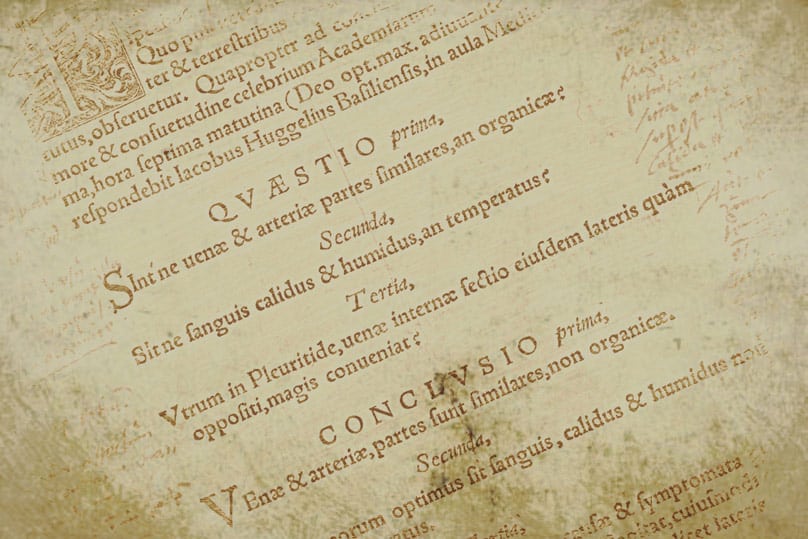
I belong to a lively little Facebook group called ‘Catholics in Australia’. Recently a stoush broke out about why some people liked Latin in the liturgy, and some didn’t.
I read all the replies, and at the end of it, I was dissatisfied. No one had said what I’ve secretly thought for a long time. In a nutshell: It’s not the Latin that most people like. It’s the silence.
If you go to a Mass in the Extraordinary Form, the first thing you might notice is that yes, it’s in Latin. But the second thing you will notice is the silence. There are quite long periods of silence in this Mass. Sometimes you can hear what the priest is saying, and sometimes you can’t.
when everyone is being quiet, that’s when you can feel a very disconcerting sense of vulnerability and nakedness before God.
People get a bit snippy about the priest ‘turning his back’, but if you sit there for a while, you’ll soon work it out. The whole thing is focused on the altar and what’s going on there. So we’re all watching what’s going on there, including the priest. And he’s doing a lot of it without saying anything out loud. This is a totally different experience from a Novus Ordo Mass. It’s not worse or better, necessarily; it’s just dramatically different.
It’s not quite the silence of ‘hearing a pin drop’, because there’s usually at least one child present who has recently discovered their lungs. People at the Extraordinary Form are quite human: they drop books, they sneeze, and their stomachs make interesting noises.
But this prolonged silence can have quite a dramatic effect on how you participate in the Mass. There’s nowhere to hide.
We know we live in a noisy society, drowning in our own anxious chatter. Some of us can’t tolerate silence at all, and have to fill every moment with sound. But when everyone is being quiet, that’s when you can feel a very disconcerting sense of vulnerability and nakedness before God.
That can be scary, but also quite liberating. And it can lead to that mental state we call ‘flow’, or ‘being in the zone’. You can relax in front of the Lord, breathe, and observe what floats to the surface: names and faces of people who need prayers, situations in your life where you feel stuck, annoyances, crises, and difficulties.
You can also feel grateful and happy to be there because it’s peaceful. This becomes part of your participation at Mass as well.
When the Extraordinary Form is said well, the priest almost disappears from your awareness. That’s the only way I can describe it. He’s the least important person there. What he’s doing is immensely important – but he’s not important. That’s also because we’re all facing the same way and all looking at the altar together.
It’s a lot easier to sleepwalk through a Sunday Novus Ordo Mass than an Extraordinary Form Mass. There’s a mass of distractions available where I can hide from God. But I can’t hide from God nearly as well at the Extraordinary Form, which is probably why I don’t go there as often as I should.
Related:
